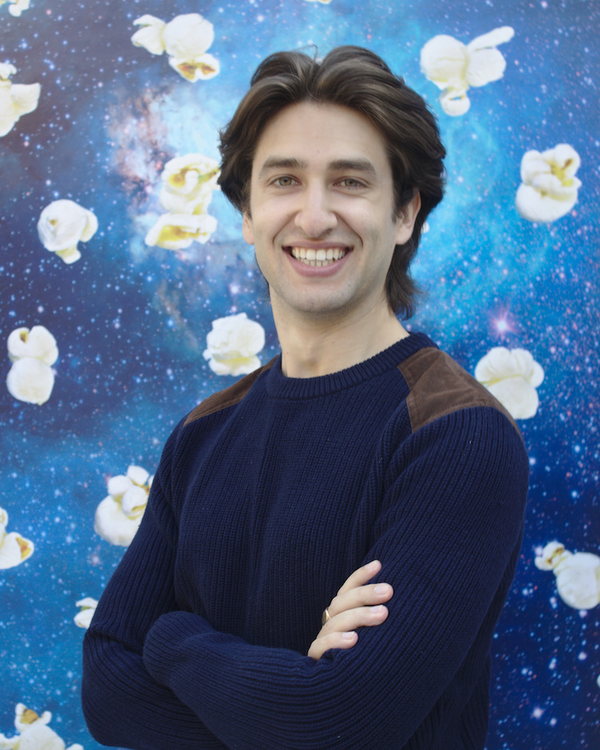
NPRE 596 Graduate Seminar Series - Matt Caplan
- Event Type
- Seminar/Symposium
- Sponsor
- NPRE 596 Graduate Seminar Series
- Location
- 2100 Sidney Lu Mechanical Engineering Building, 1206 W Green St, Urbana, IL 61801
- Date
- Dec 3, 2024 4:00 - 4:50 pm
- Speaker
- Matt Caplan, Assistant Professor, Illinois State University
- Cost
- Free and Open to the Public
- Contact
- Department of Nuclear, Plasma & Radiological Engineering
- nuclear@illinois.edu
- Phone
- 217-333-2295
- Views
- 61
- Originating Calendar
- NPRE seminars
How Plasmas Freeze
Abstract: At sufficiently high temperatures matter becomes fully ionized, but under sufficiently high pressure those plasmas freeze solid. These “strongly coupled” plasmas have Coulomb energies orders of magnitude greater than their thermal energies and can be found in systems spanning electrically charged dusts to the cores of white dwarf stars. As such, many of the physically interesting combinations of temperature and density are inaccessible to laboratory experiments on earth - but computation does not have these restrictions. I will present results of recent molecular dynamics simulations used to study the properties of strongly coupled plasmas, including plasmas at such high densities that they have crystallized.
Bio: Matt Caplan is an associate professor at Illinois State University. He was previously a postdoctoral fellow at McGill and his PhD from Indiana University won the 2018 APS Dissertation Award in Nuclear Physics. He has broad interests spanning nuclear physics, plasma physics, and astrophysics and received a Cottrell Scholar Award in 2023. Beyond academia, Dr. Caplan is also a scriptwriter for Kurzgesagt and PBS SpaceTime - he has written some of the most popular videos on YouTube about nuclear weapons, and the videos he has worked on have combined view counts of a billion.